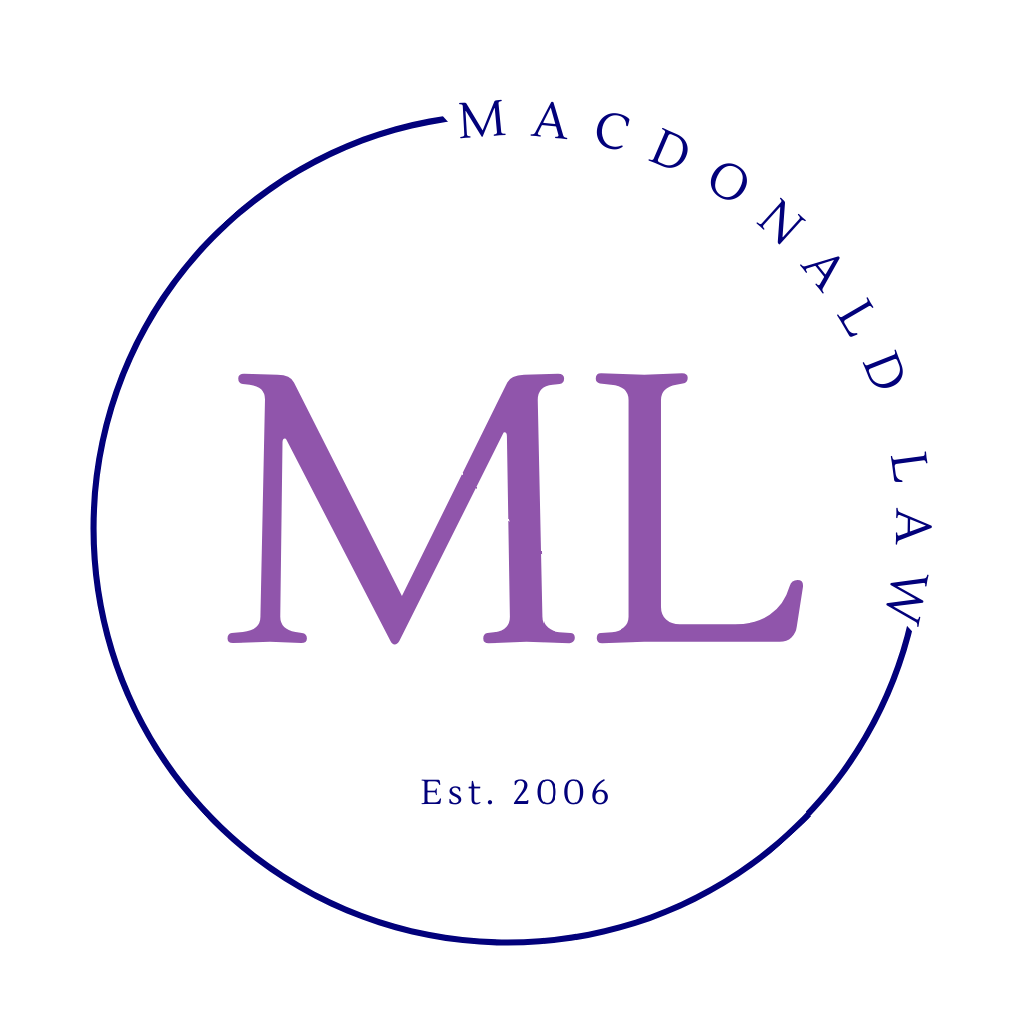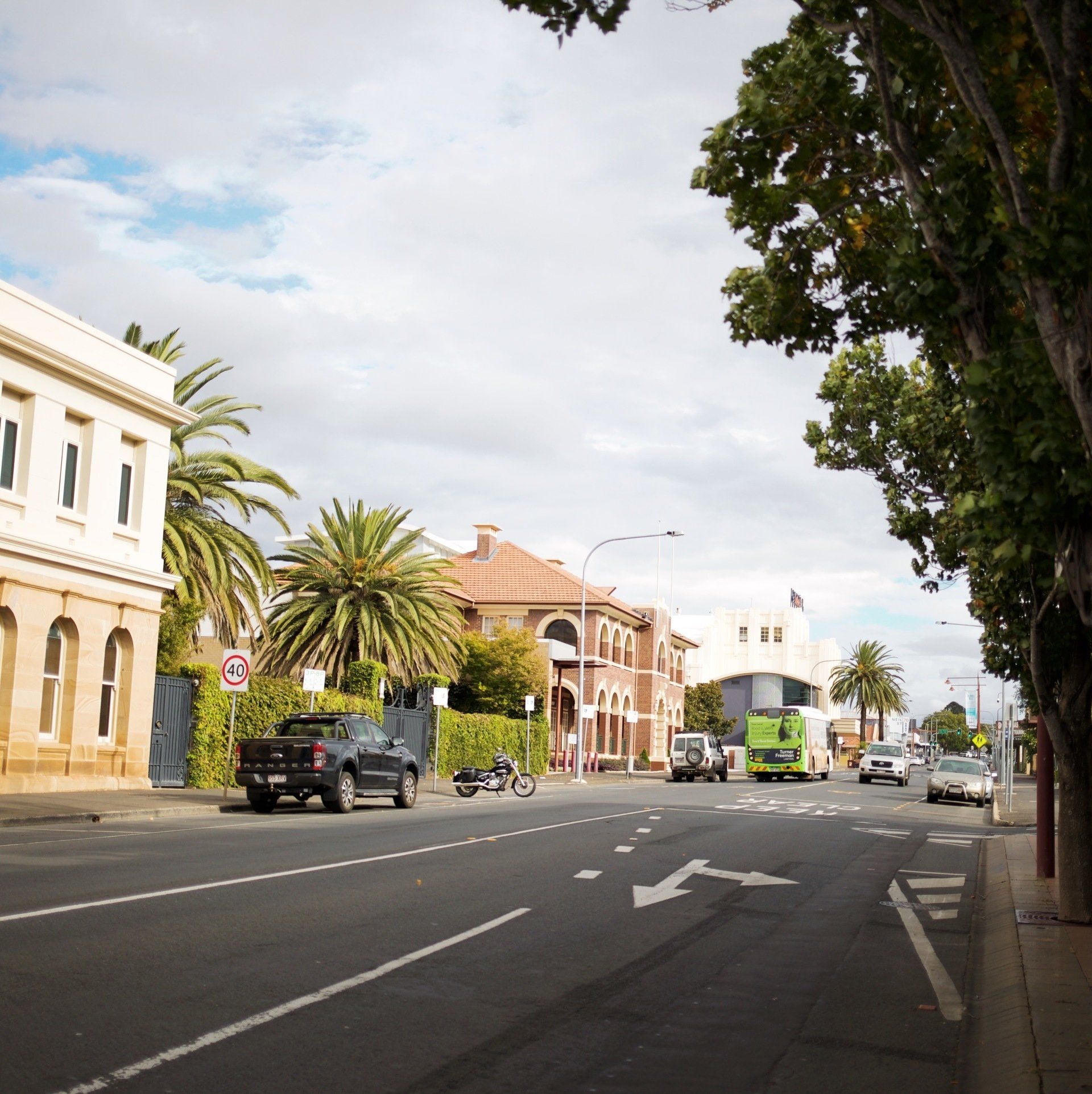Domestic Violence Lawyers Queensland
Have you been served with a domestic violence order or application? Do you need to obtain a domestic violence order to protect you?
We have experienced male and female solicitors who can assist you to apply for an order or contest an order being made against you unfairly. Appointments can be made 7 days a week, in person or by phone or video.
Understanding Domestic and Family Violence
Domestic violence is a complex pattern of behaviours that can include physical, sexual, emotional, social, verbal, and economic abuse. It occurs in situations where one partner causes abuse to the other, often in intimate partner relationships. Domestic violence can have severe impacts on victims, including hospitalisation and even death. Domestic violence is not limited to physical harm, but also includes intimidation, threatening behaviour, emotional abuse, and coercive control.
How to get a DVO?
A Protection Order can be obtained under the Domestic and Family Violence Protection Act 2012 if the Court finds that two people were in a relevant relationship, there was an act of domestic violence and that it is necessary or desirable for a Protection Order to be in place.
A relevant relationship is one between current or former partners or spouses (an intimate personal relationship, whether married or de facto), as well as parents, children, siblings, parents in law, informal carers and others.
The term ‘domestic violence’ is broadly defined. Domestic violence can be behaviour such as financial abuse, psychological abuse, emotional abuse, sexual abuse, or physical abuse.
Financial abuse includes controlling a persons access to money or bank accounts. Psychological or emotional abuse includes coercive and controlling behaviour, harassment, repetitive texting or calling, social media comments, distributing images, controlling who a person interacts with or leaving them isolated from friends or family. It can also include threats of self harm or suicide, where they are done as a form of manipulation or control of a person in the relevant relationship.
Whether a Family Violence Order is necessary or desirable to remain in place, is a consideration that the Court must make. Consideration is given to the distance between where the parties live and interact, whether they have an ongoing work or family relationship, the type of domestic violence which occurred and its likelihood of reoccurring, and many other factors.
Impacts of a DVO
An order is usually made for a period of 5 years and respondents cannot apply for a weapons licence for 5 years. An application to vary or revoke an Order can be made by any party to shorten the period of the order. Sometimes orders are made for periods of 1 – 2 years.
Children of the aggrieved and other family members can be listed as a named person in an order and protected in the same way as the aggrieved, even if they have not directly suffered acts of domestic violence but have been exposed to acts of domestic violence.
A domestic violence order can be made ordering a respondent to an application to move out of a house and not return (an ouster order) on the first court date after an application is filed.
If circumstances change, an application can be made for an order to be varied by removing or adding conditions or even to revoke the order completely.
As the Respondent, it is important to remember that this is a civil application. You are not found guilty of any offence in these proceedings. However, there can be findings of fact that certain events happened.
We understand the physical and psychological impacts on all parties involved in these complex matters. We are able to provide you with legal support and practical guidance on navigating this difficult situation.
Frequently Asked Questions about domestic violence orders in Queensland
What is a Domestic Violence Order (DVO)?
ButtonA Domestic Violence Order (DVO) is a protection order issued by a court that gives the respondent strict conditions to obey. A DVO is designed to keep you safe by inflicting harsh penalties upon the respondent if they break these conditions - a criminal offence. If someone breaches an order they can be charged with an offence of Contravene a Protection Order and this offence can cary a series of penalties from fines to actual imprisonment
A DVO can be obtained if there’s a relevant relationship, an act of domestic violence, and the Court deems it to be necessary or desireable for an order to be made. The relationship can be a wide range of situations, including married, separated, divorced, relatives, de-facto, same or opposite sex, and parents of mutual children.
Can I reply to a text message from the Aggrieved if there is a no contact Order in place?
ButtonIt is still a breach of the Order if you communicate with an aggrieved even if the aggrieved initiated contact first, unless there is an exception allowing such contact expressly in the Order. You cannot contact the aggrieved asking for permission.
If we reconcile, can I move back in with the Aggrieved, even with an Order still in place?
ButtonIt depends on the terms of the Protection Order. Each Protection Order is different and specifies what the Respondent can and can’t do. We recommend that you book an appointment to go through the terms of the Order and to be clear about what is or isn’t allowed before going forward. If the Order prohibits contact, then it is still a breach of the Order if you communicate with an aggrieved. This is regardless of whether the aggrieved initiated contact first, unless there is an exception allowing such contact expressly in the Order. Domestic Violence matters are complex and we recommend that you book an appointment with our Brisbane domestic violence lawyers.
If a DVO is made does it automatically mean we cannot have contact?
 Button
ButtonEach Order can have different conditions. Some Orders will specify that you cannot have any contact, some will allow contact and some will specify circumstances where you cannot have contact ie. if one party is under the influence of alcohol or in certain locations.
I want to self represent as the Respondent at Trial; is there any potentially detrimental effects to my case if I do this?
ButtonThere is a provision in the legislation whereby a Court can prevent a self-represented Respondent from cross-examining the aggrieved. This can have a significant impact on your case, and it is important that you obtain legal advice if you are thinking about self-representing at any Trial as the Respondent.
If a domestic violence order (DVO) is breached, what are the potential penalties?
ButtonSentences for breaches of Domestic Violence Orders can have severe consequences and regularly include actual imprisonment. For less serious offences, it can include fines or other community based orders like probation.
I have been served with a Domestic Violence Application, what should I do?
ButtonWe recommend that you obtain legal advice as soon as possible. We have a free initial 20 minute consultation service and there are also duty lawyers at some Courts that can give you short initial advice.
What is a Temporary Protection Order?
ButtonThis is an Order which can be made by the Magistrate after the Application is filed with the Court. Sometimes it is made in chambers by the Magistrate before the Respondent is served. On other occasions it is made on the first date that the matter comes before the Magistrates Court. The Temporary Protection Order remains in place until it is revoked by a Court, a final Domestic Violence Order is made or the Application is withdrawn/dismissed.
What are the consequences for not attending domestic violence court?
ButtonIf you are the Respondent then the Application can be granted and an Order is made without consideration of the impact on you. This also means that there is a finding that there was a relevant relationship, an act of domestic violence was committed by you and it is necessary or desirable for the Order to be in place. If you do not want to accept that you committed an act of domestic violence, it is important that you call us and obtain legal advice. If you are the Applicant, and you fail to attend at Court, then your Application will usually be struck out for want of prosecution. This means that you are no longer protected and any Temporary Order is cancelled. If you are the Aggrieved, and the Police made the Application for you, you do not have to attend Court unless you want to or it is the Final Hearing/Trial. If you support the Police Application (usually a Police Protection Notice) then the Police play an integral role and will conduct the matter for you. You can contact the Police for updates about the matter. If you do not support the Application made by the Police, then we recommend that you or your lawyer attend each Court date and actively participate in the matter so that your wishes are heard.
Why should I see an experienced domestic violence lawyer?
ButtonThe area of domestic and family violence is complex and full of nuances. Our team are experienced and adept at handling these matters. We recommend that you obtain legal advice so you know your options. We also take you through the Application carefully. If you engage a lawyer, they will be able to attend at Court for you, assist with the preparation of your case, affidavits and any material. Ultimately, they are able to prepare and attend at any trial to argue your case and complete cross examination of witness’ for you. We hope to help you achieve the best possible outcome.
Need help in another family law area?
Our Domestic & Family Violence Team
Sarah-Jane MacDonald
LLB, AccS(Fam)
Legal Practitioner Director
Accredited Family Law Specialist
Parenting Coordinator














